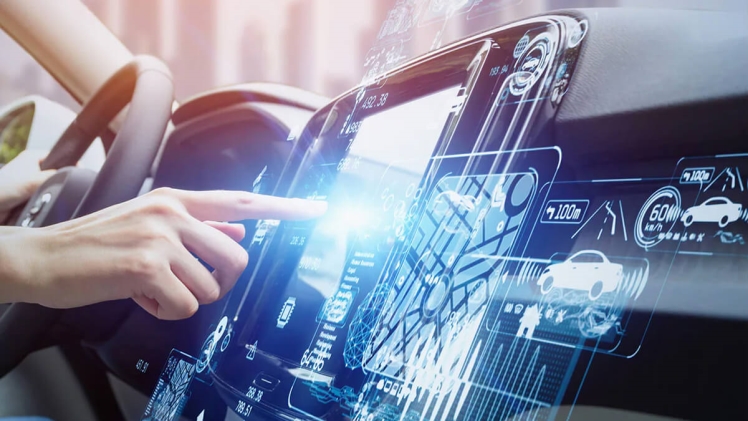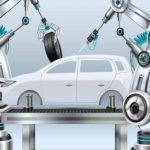The automotive industry stands at the forefront of technological innovation, constantly pushing boundaries and reshaping the way we perceive transportation. In this article, we will delve into the dynamic world of automotive advancements, exploring the transformative technologies and trends that are steering the industry into the future.
One of the most significant shifts in the automotive landscape is the move toward electric vehicles (EVs). With a growing emphasis on sustainability and environmental consciousness, major automakers are investing heavily in the development of electric cars. Companies like Tesla have pioneered the market, offering high-performance electric vehicles that challenge the traditional notion of driving. The transition to electric power is not only reducing the carbon footprint but also driving a reimagining of vehicle design and functionality.
Autonomous driving technology is another game-changer in the automotive industry. The concept of self-driving cars, once confined to the realm of science fiction, is now becoming a reality. Companies are investing in artificial intelligence, machine learning, and advanced sensor technologies to develop vehicles capable of navigating without human intervention. The promise of increased safety, reduced traffic congestion, and improved efficiency is propelling the race toward autonomous driving.
Connectivity has become a buzzword in the automotive world, with the rise of the Internet of Things (IoT). Modern vehicles are increasingly equipped with smart features that enhance the driving experience. From advanced infotainment systems and voice-activated controls to real-time navigation and vehicle-to-everything (V2X) communication, cars are evolving into sophisticated, connected entities. This connectivity not only improves convenience for drivers but also opens up new avenues for data-driven services and predictive maintenance.
The automotive industry is also witnessing a surge in the development of advanced driver-assistance systems (ADAS). These systems, which include features like adaptive cruise control, lane-keeping assist, and automatic emergency braking, are designed to enhance vehicle safety. As technology continues to advance, the line between driver assistance and full autonomy continues to blur, promising a future where accidents are minimized, and road safety is significantly improved.
Innovations in materials and manufacturing processes are reshaping the physical structure of vehicles. Lightweight materials like carbon fiber and advanced alloys are increasingly being used to improve fuel efficiency without compromising safety. 3D printing is also gaining traction in the production of automotive components, offering a cost-effective and customizable approach to manufacturing.
The automotive industry is not just about personal transportation; it’s also a key player in shaping smart cities. The integration of electric and autonomous vehicles into urban infrastructure has the potential to revolutionize the way we commute. Smart traffic management systems, coupled with shared mobility services, are paving the way for more sustainable and efficient urban transportation ecosystems.
In conclusion, the automotive industry is in the midst of a transformative era, driven by technological breakthroughs that promise to reshape the way we perceive and interact with vehicles. From electric propulsion and autonomous driving to connectivity and advanced safety features, the automotive landscape is evolving at an unprecedented pace. As we navigate the road ahead, the fusion of technology, sustainability, and connectivity will continue to define the future of the automotive industry. Buckle up; we’re driving into a future where innovation knows no limits.





